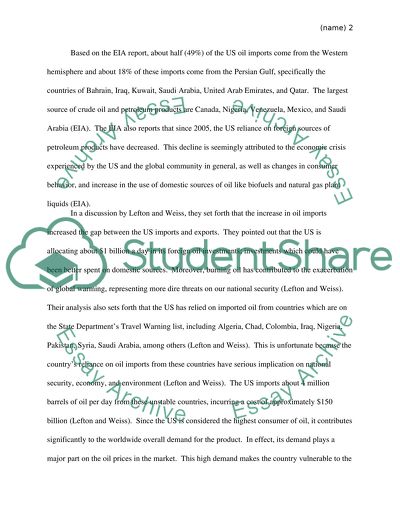Cite this document
(“Policy Proposal Research Paper Example | Topics and Well Written Essays - 2250 words”, n.d.)
Retrieved from https://studentshare.org/history/1427141-policy-proposal
Retrieved from https://studentshare.org/history/1427141-policy-proposal
(Policy Proposal Research Paper Example | Topics and Well Written Essays - 2250 Words)
https://studentshare.org/history/1427141-policy-proposal.
https://studentshare.org/history/1427141-policy-proposal.
“Policy Proposal Research Paper Example | Topics and Well Written Essays - 2250 Words”, n.d. https://studentshare.org/history/1427141-policy-proposal.


